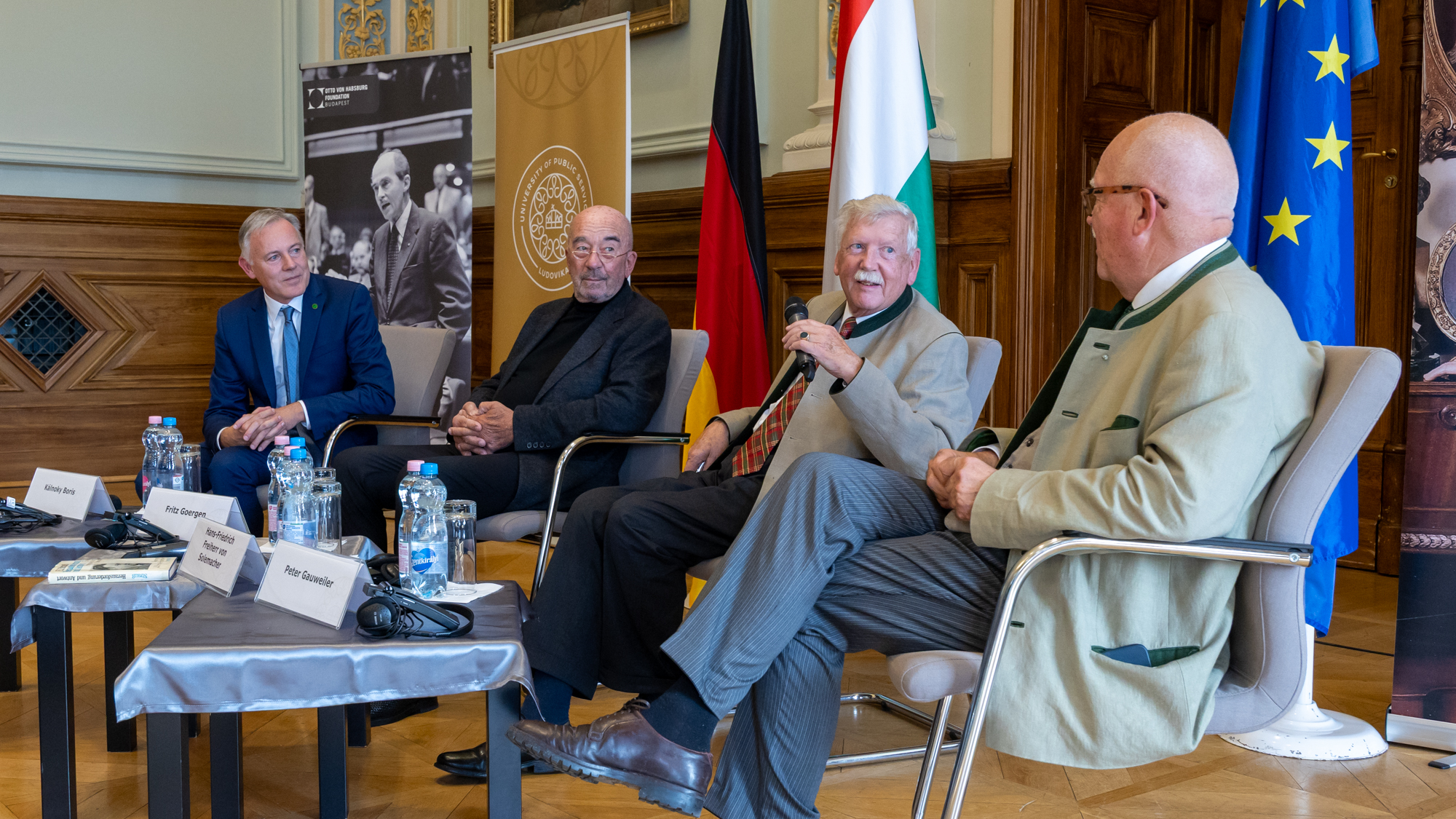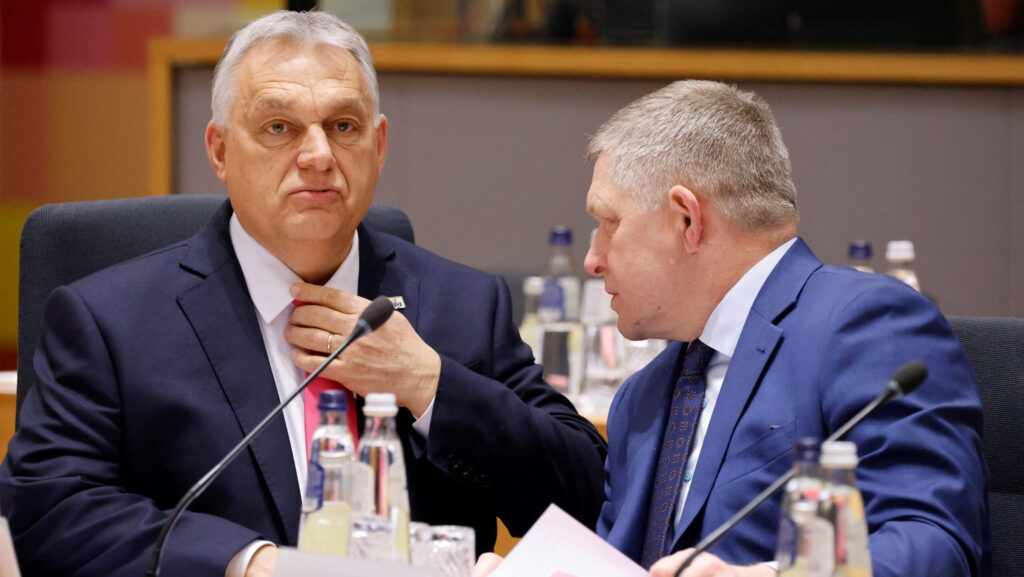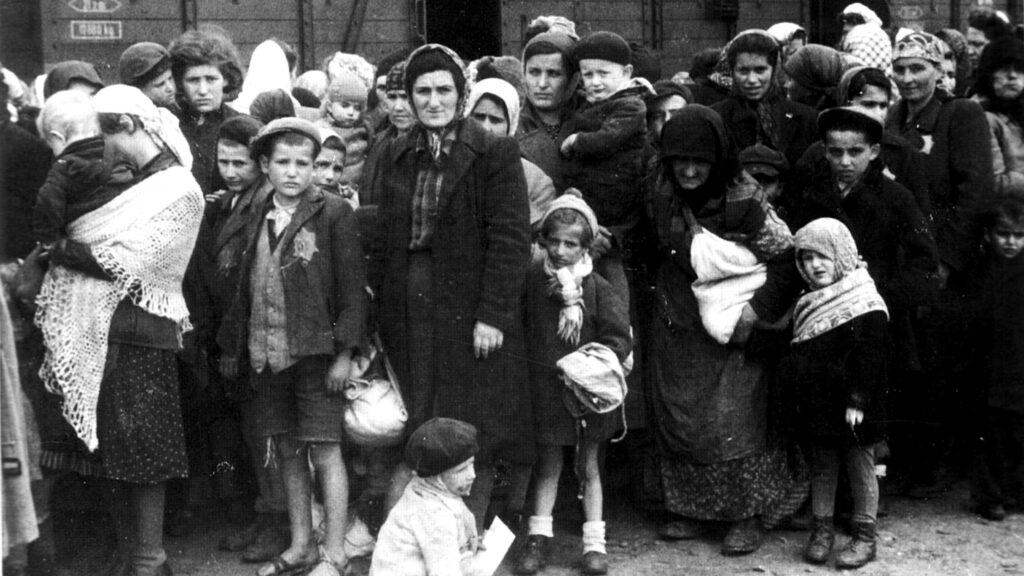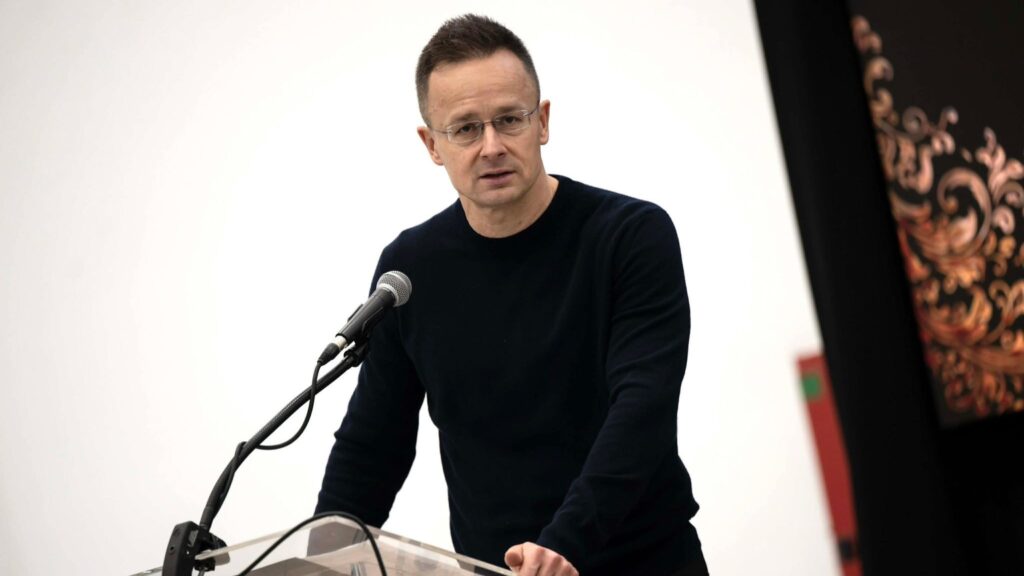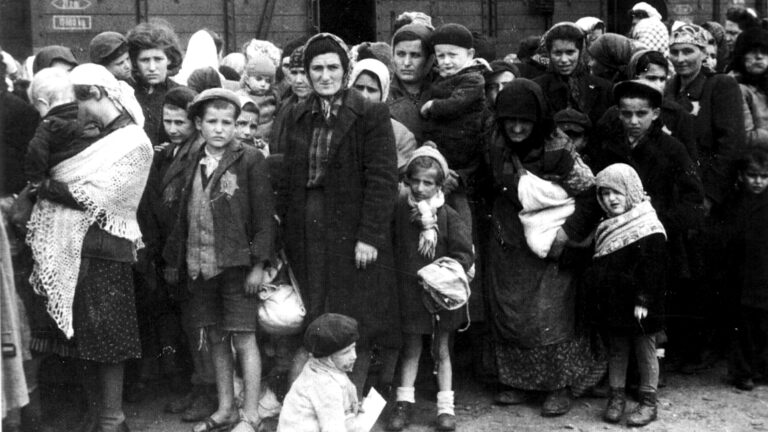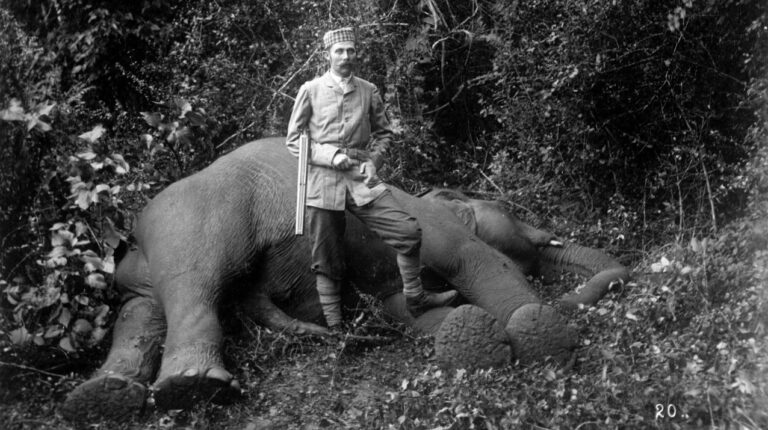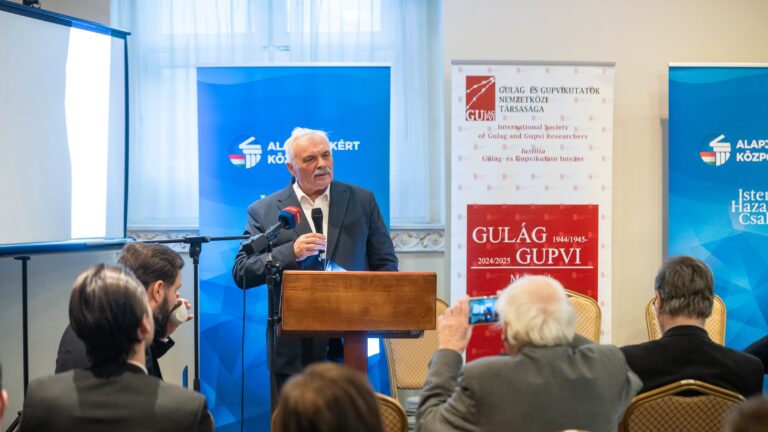The National University of Public Service and the Otto von Habsburg Foundation held a conference marking the 110th anniversary of the birth of Franz Josef Strauss on 3 October, in Budapest. Speakers examined the Bavarian statesman’s career, his relationship with Otto von Habsburg, and his influence on European politics. The central theme of the event was the principle of subsidiarity, which played a key role in the thinking of both Strauss and Otto von Habsburg, serving as a common foundation for Christian democracy, national identity, and European cooperation.
In his opening remarks, Director of the Otto von Habsburg Foundation Gergely Prőhle stressed that it was no coincidence the event was held on German Unity Day, since Strauss had played a defining role in the processes leading to reunification. Head of the Prime Minister’s Office Gergely Gulyás underlined in his speech that Strauss remains relevant in Hungary as well, since he embodied both the preservation of national identity and the pursuit of European integration. Strauss’s example, he argued, shows that national sovereignty and European unity are not contradictory but mutually reinforcing values.
Historian Horst Möller described Strauss as a ‘Renaissance figure’ who was both a realist and an idealist: supporting nuclear deterrence while also believing in deepening European peace and integration. Professor Vanessa Conze highlighted his close ties to the Pan-European movement, while Marco Gerhard Schinze-Gerber analyzed his foreign policy role, noting that even in the 1980s Strauss actively promoted East–West dialogue.
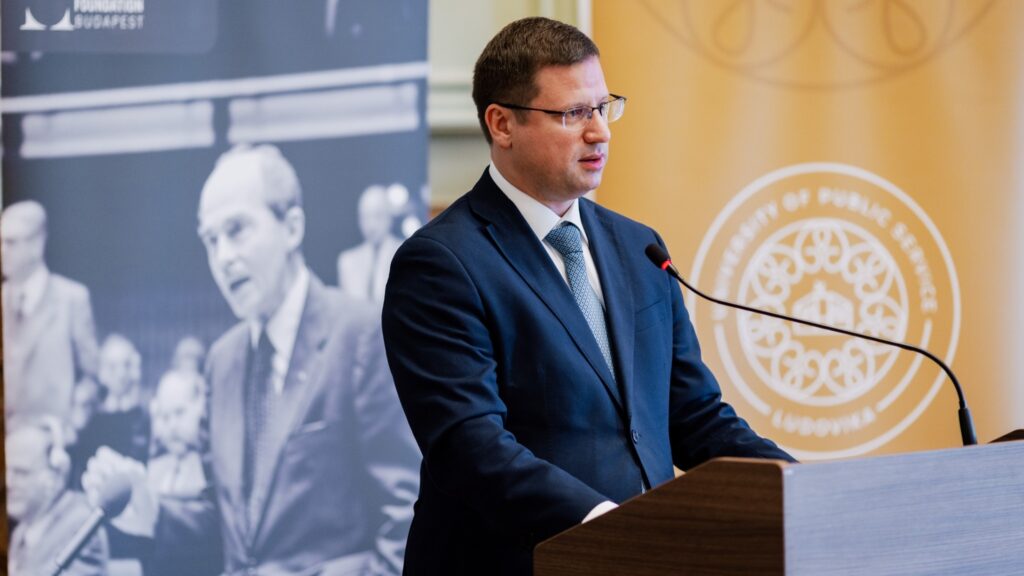
Hungarian historian Nóra Szekér offered a local perspective: while the Kádár regime officially labelled Strauss a ‘warmonger’, pragmatic cooperation developed behind the scenes. His personal attachment to Hungary—his life had been saved by Hungarian soldiers in the Second World War—also contributed to closer Bavarian–Hungarian economic relations, especially during the 1980s.
Several speakers drew parallels between Strauss’s political outlook and the foreign policy approach of Hungarian Prime Minister Viktor Orbán. Peter Gauweiler, former CSU MP, recalled that Strauss was a realist politician who sought peace and dialogue, using mediation and cooperation to ease Cold War tensions. This, he argued, is similar to Orbán’s emphasis on diplomacy and peace-brokering in today’s geopolitical crises, particularly the war in Ukraine.
The consensus among participants was that Strauss and Orbán share not a direct political continuity, but rather a common attitude rooted in the defence of sovereignty and pragmatic peace policy.
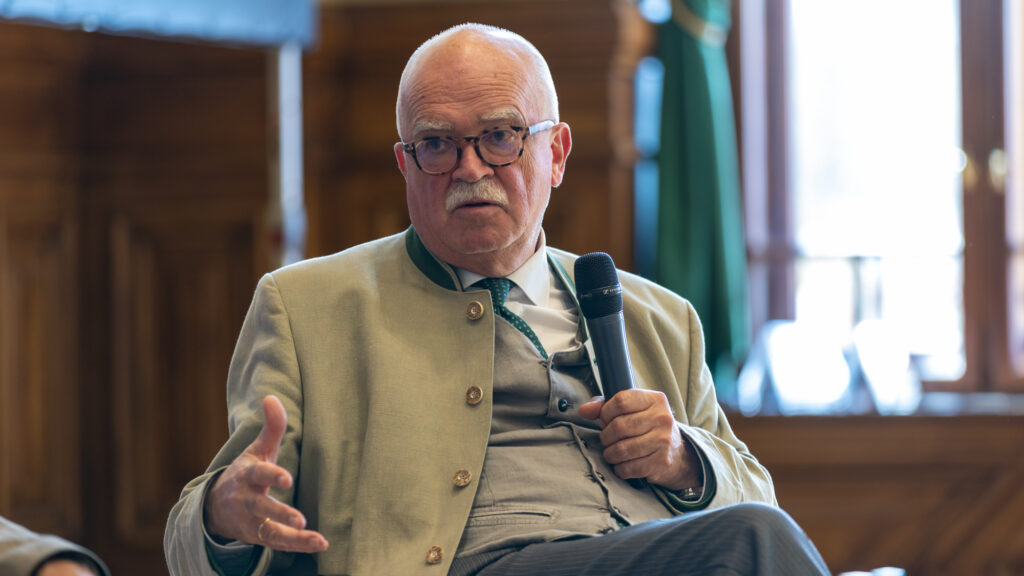
The foreign policy-focused panel discussions concluded that Strauss’s vision remains relevant today: a Europe built on strong nation-states, preserving the values of Christian civilization while also capable of assuming global security responsibilities. Head of the Brussels office of the Hanns Seidel Foundation Thomas Leeb recalled that Strauss was an advocate of the Pan-European ideal from an early age and throughout his career supported Franco–German reconciliation, the transatlantic alliance, and the development of an independent European security policy.
In the closing session, where personal memories were shared, Gauweiler and other former political colleagues stressed that the shared history of Bavaria and Hungary held special significance for Strauss. Gauweiler again drew a parallel between Strauss’s realist, peace-oriented foreign policy approach and certain tendencies in contemporary Hungarian diplomacy.
The Budapest conference overall highlighted that the legacy of Strauss and Otto von Habsburg remains instructive for European public life today. Their politics serve as a reminder that Europe can only be strong if it builds simultaneously on the preservation of national identity, communal responsibility, and cooperation in the service of peace across the continent.
Related articles:

